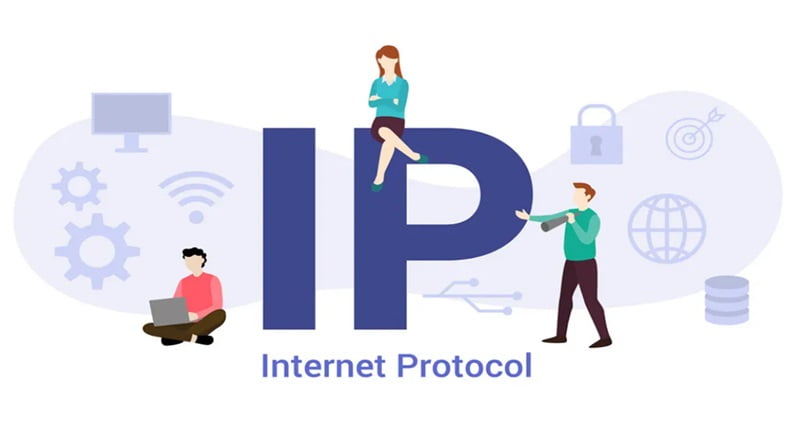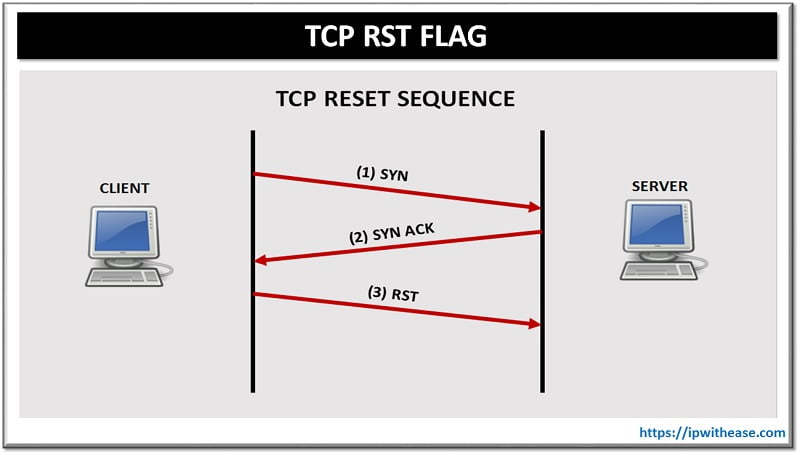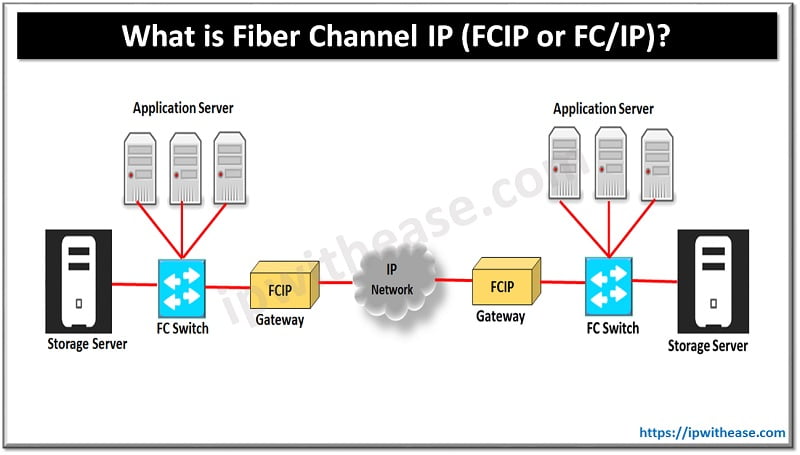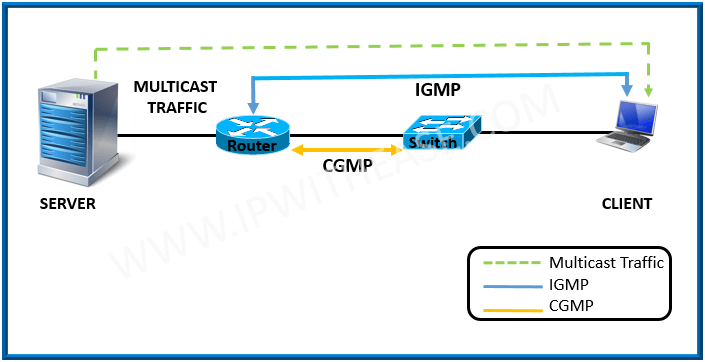In a world increasingly reliant on digital connections, the significance of Internet Protocol (IP) has never been more pronounced. Often overlooked, yet pivotal, IP serves as the backbone of online communication, steering data across the complex web of global networks. Understanding and optimizing your IP is akin to having a well-tuned compass in the digital realm, guiding your journey through cyberspace securely and efficiently.
A simple IP check can be the first step in this journey, revealing much about your online presence and vulnerabilities. This article aims to demystify the intricacies of IP, spotlighting its role in fortifying your online security. By delving into the fundamentals of IP and its implications for your digital safety, we’ll equip you with the knowledge and tools to navigate the online world with confidence and caution. Whether you’re a tech enthusiast, a concerned netizen, or simply curious, join us in exploring the realm of Internet Protocol – your gateway to a secure online experience.

The Anatomy of Internet Protocol: Understanding the Basics
The fundamental function of Internet Protocol is to transfer data over the internet between computers. Every computer on the internet, also known as a host, is uniquely identified from all other computers on the network by at least one IP address. An IP address is crucial for making sure that data transmitted over the internet reaches the intended recipient; think of it as your computer’s postal address.
The capacity of IP to accept data packets, mark them with destination addresses, and send them out into the massive internet network is what gives it its magic. Similar to the postal system, these packets traverse a complex network of paths before arriving at their final destination. This system’s flexibility is what makes it so great; packets may be diverted if a particular route is unavailable, guaranteeing that the data will ultimately reach its destination.
IPv4 and IPv6 are the two versions of Internet Protocol that are presently in use. The earlier protocol, IPv4, is the basis of the internet as we know it and use 32-bit addresses. However, IPv4 addresses are running out as a result of the internet’s exponential expansion and the number of devices connecting to it. This is where IPv6 enters the picture. With its 128-bit address scheme, it greatly increases the pool of potential addresses and guarantees the internet’s continuous expansion.
For anybody trying to safeguard their online presence, it is essential to understand the fundamentals of intellectual property. An IP address is issued to your device each time it connects to the internet. An IP check is a helpful tool for consumers and IT professionals to understand their online footprint since it may reveal a variety of information about your location and the device you’re using.
Security in the Digital Sphere: The Role of IP
In an era where digital security is paramount, understanding the role of Internet Protocol in safeguarding online activities is crucial. IP not only facilitates communication over the internet but also incorporates features that enhance the security of these communications.
1. IP Security Features
- Encryption: The cornerstone of IP security, encryption ensures that data sent over the internet is converted into a secure code, thwarting unauthorized access. This means that even if data is intercepted, it remains indecipherable to the intruder.
- Authentication: IP security protocols often include authentication processes, verifying that the data is indeed coming from a trusted source. This step is crucial in preventing malicious entities from impersonating legitimate sources.
- Data Integrity Checks: These checks are in place to ensure that the data sent is the same as the data received. It’s a way to confirm that the information has not been tampered with during transmission.
2. Real-World Examples of IP Security
- Business Protection: Many businesses rely on secure IP communication to protect sensitive information. For instance, when you use online banking services, IP security protocols are at work, safeguarding your financial data.
- Personal Security: On a personal level, secure IP practices protect individuals from identity theft and privacy breaches. When you shop online, for instance, your personal and payment information is protected through secure IP communication.
3. Addressing Common Misconceptions
- IP Security Is Only for Tech Experts: The reality is that IP security is a concern for everyone who uses the internet. While the underlying technology might be complex, the principles and practices can be understood and applied by all internet users.
- IP Security Slows Down Internet Speed: While it’s true that encryption and other security measures can add some overhead, the impact on internet speed is generally minimal compared to the security benefits they provide.
Conclusion: Embracing IP for a Safer Online World
As we reach the end of our exploration into the world of Internet Protocol, it’s clear that IP is more than just a technical framework for online communication. It is a vital component in ensuring a secure and reliable digital experience. The journey through the complexities of IP has revealed its pivotal role in safeguarding data, protecting privacy, and navigating the myriad challenges of the cyber world.
The importance of understanding and utilizing IP effectively cannot be overstated. From the encryption of sensitive data to the authentication of communication sources, IP is an essential shield in our increasingly connected world. Whether you’re engaging in online shopping, managing a business’s digital infrastructure, or simply browsing the internet, IP security is working silently in the background, keeping your digital interactions safe.
In conclusion, Internet Protocol is not just a technicality of the digital world; it’s a key player in our online safety and security. As you continue your journey through the digital landscape, remember the role of IP and consider how an IP check can be a simple yet effective step in maintaining your digital wellbeing. Embrace the power of IP and let it be your guide to a safer, more secure online experience.
Continue Reading:
ABOUT THE AUTHOR
IPwithease is aimed at sharing knowledge across varied domains like Network, Security, Virtualization, Software, Wireless, etc.



